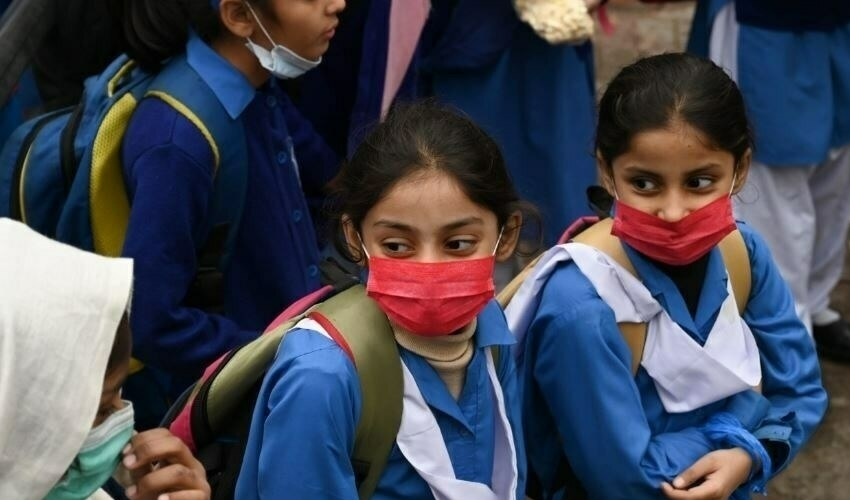The nutritionists said that breakfast accounts for a quarter of the energy requirements of children and teenagers.
The significance lies in breaking the fasting period from night until the following morning. Many studies showed teenagers either skip breakfast or consume meals that fail to meet their nutritional needs.
It had been stressed that the breakfast provides essential components necessary for children throughout the day.
These include carbohydrates, which supply energy to the brain, and proteins, which strengthen the body for various functions.
Nutritionists emphasised that these nutrients not only enhance happiness but also counteract fatigue, sluggishness, and difficulty in focusing. She added that breakfast improves academic performance, communication with teachers, and regulates blood sugar levels while reducing risks of related disorders.
The nutritionists pointed out that eating a late, calorie-dense dinner and sleeping late discourage children and teenagers from having breakfast.
One of the nutritionists urged the parents to ensure children get sufficient sleep and participate in morning meals.
The nutritionists stressed the importance of breakfast content over mere consumption.
It had been recommended that the daily variety in healthy meal components to prevent boredom, while avoiding sugary foods due to their empty calories.
The nutritionists advised families to carefully read food labels when selecting breakfast items, prioritising dairy products and fruits while steering clear of sugar and fat-rich options.
It was also highlighted the need for children to drink a small amount of water early in the morning.
The nutritionists concluded that breakfast plays a crucial role in strengthening children’s and adolescents’ immunity through balanced nutritional diversity, including vitamins and minerals, which boost the immune system and help combat winter illnesses.


























